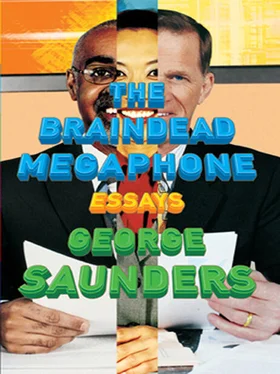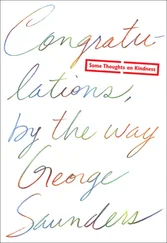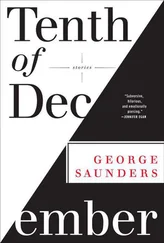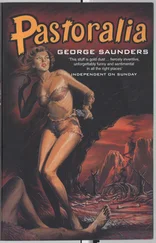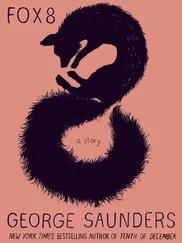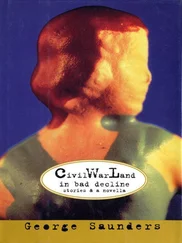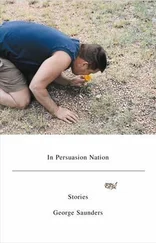Then, on one of my Singapore jaunts, I picked up Kurt Vonnegut’s Slaughterhouse Five. I knew, vaguely, that this was a classic. I knew it had to do with World War II, that the author had been present at the fire-bombing of Dresden. This sounded promising. At this time I also believed, courtesy of my hero Ernest Hemingway, that great writing required a Terrible Event One Had Witnessed. With any luck, one had been wounded during the Terrible Event, although not too badly. If not a physical wound, a mental wound was fine. The Terrible Event was what I was in Asia seeking. I had been to the Cambodian border seeking it, been to the Khyber Pass seeking it, but everywhere I went, was too cautious to be blown up or see anything horrific. Given the chance to get into real danger, I would think: Jeez, that sounds dangerous, retreat to my reasonably priced hotel, and read Hemingway.
But here was Vonnegut, a guy who had witnessed one of the most Terrible Events of his time. I was excited to see what he’d done with it. I hoped he hadn’t wasted it. I hoped he’d done something like Hem had done with it. I hoped he had come out of it sobered and sullen, broken by his Terrible Event, but also that he had taken notes, so his book would be filled with pages of terse literary descriptions that showed that, though wounded, he still appreciated a good sunbeam slanting across a crude wooden table or a nice wind-ruffled stand of oak trees through which a river flowed pleasantly.
But then I started reading. In chapter one, right off the bat, Vonnegut admits to trying and failing, over many years, to write the very book I was looking forward to reading: “As a trafficker in climaxes and thrills and characterization and wonderful dialogue and suspense and confrontations,” he writes, “I had outlined the Dresden story many times.” But then he admits: “I don’t think this book…is ever going to be finished. I must have written five thousand pages by now, and thrown them all away.” In chapter one he seems determined not to tell his war story at all. He writes, conversationally, about his days as a reporter, relates an anecdote about a visit with an old war buddy; scrolls through histories of the Crusades and of Dresden; quotes Roethke, Erika Ostrovsky, and the Gideon Bible; describes the carp in the Hudson River (“big as atomic submarines”). Then he offers this advance apology for the book we’re reading: “It is so short and jangled…because there is nothing intelligent to say about a massacre.” It’s an introductory chapter, one the reader suspects was written last, when the rest of the book was already finished, but still, the effect is of a haunted man, delaying for as long as possible telling the big, sad story he’s been trying to get off his chest for years, realizing that if he insists on telling it in a grand style, it may get told falsely, or never be told at all.
In chapter two the story finally began. But immediately there were more avoidances of the lyric/epic masterpiece I longed to be reading. Because suddenly, here came some space aliens, from Trafalmadore, “two feet high, and green, and shaped like plumber’s friends.” What the heck? I was thinking, back in Sumatra, in 1982, this is a classic? Aliens did not belong in classics. Aliens belonged in movies. Aliens were great; I loved aliens in movies, but I did not want them in my Literature. What I wanted in my Literature was a somber, wounded, masterly presence, regarding the world with a jaundiced, totally humorless eye.
But no, Vonnegut was funny. Funny? Hem wasn’t funny. Only people I knew, like my beloved father and uncles, were funny. How wounded could he be, if he was so funny? The book was loose, episodic, written in the vernacular. This guy who had been in the belly of the beast wrote as if he were still, like me, a regular person from the Midwest. He wrote as if there were a continuum of consciousness between himself before and after his Terrible Event. Vonnegut did not seem to be saying, as I understood Hem to be saying, that his Terrible Event had forever exempted him from the usual human obligations of being kind, attempting to understand, behaving decently. On the contrary, Vonnegut seemed to feel that unkindness — a simple, idiotic failure of belief in the human, by men and their systems — had been the cause of his Terrible Event, and that what he had learned from this experience was not the importance of being tough and hard and untouchable, but the importance of preserving the kindness in ourselves at all costs.
There we were, in the deep German woods, behind enemy lines, but there was very little tension and almost no physical description. Vonnegut was skipping the lush physical details he had presumably put himself into so much danger to obtain. He was assuming these physical details; that is, he was assuming that I was supplying them. A forest was a forest, he seemed to be saying, let’s not get all flaky about it. He did not seem to believe, as I had read Tolstoy did, that his purpose as a writer was to use words to replicate his experience, to make you feel and think and see what he had felt. This book was not a recounting of Vonnegut’s actual war experience, but a usage of it. What intrigued me — also annoyed me — was trying to figure out the purpose of this usage. If he wasn’t trying to make me know what he knew and feel what he’d felt, then what was the book for ?
I’d understood the function of art to be primarily descriptive : a book was a kind of scale model of life, intended to make the reader feel and hear and taste and think just what the writer had. Now I began to understand art as a kind of black box the reader enters. He enters in one state of mind and exits in another. The writer gets no points just because what’s inside the box bears some linear resemblance to “real life”—he can put whatever he wants in there. What’s important is that something undeniable and nontrivial happens to the reader between entry and exit.
Your real story may have nothing to do with your actual experience, Vonnegut seemed to be saying. In constructing your black box, feel free to shorthand those experiences, allude to them sideways, or omit them entirely. Joke about them, avoid directly exploiting them, shroud them in an over-story about aliens: you know what you know, and that knowledge will not be shaken out of your stories no matter how breezy or comic or minimalist your mode of expression, or how much you shun mimesis.
I began to see, for example, that my knowledge of Hatchet — his casual cruelty, his unquestioning belief in his own right to run roughshod over others — could be used in fiction without needing to get bogged down in the burden of representing Hatchet in slavishly realistic terms. I could riff on Hatchet, instill his mind-set in a totally invented character (a space alien, a duck, a talking paper clip), could, in other words, use that portion of my mind labeled “Hatchet knowledge” in any way I saw fit. Hatchet’s existence staked out a certain ontological space ( cruelty is real , say), and the fact that I had known him gave me the right to use this cruelty-awareness in a story, even disassociated from his person.
In fact, Slaughterhouse Five seemed to be saying, our most profound experiences may require this artistic uncoupling from the actual. The black box is meant to change us. If the change will be greater via the use of invented, absurd material, so be it. We are meant to exit the book altered.
As for the exact nature of the alteration, Vonnegut’s goal seemed to be to soften the heart, to encourage our capacity for pity and sorrow. Whatever would most soften the heart, is what belonged in the book. The sci-fi elements could be understood as a form of dramatic compression, meant to urge us more directly toward the truth of our existence: Do we travel in time? We do. Are there aliens that see us and judge us? There are, although they are in our heads, and sometimes we call them “Gods,” or “our conscience,” or “the superego.”
Читать дальше
